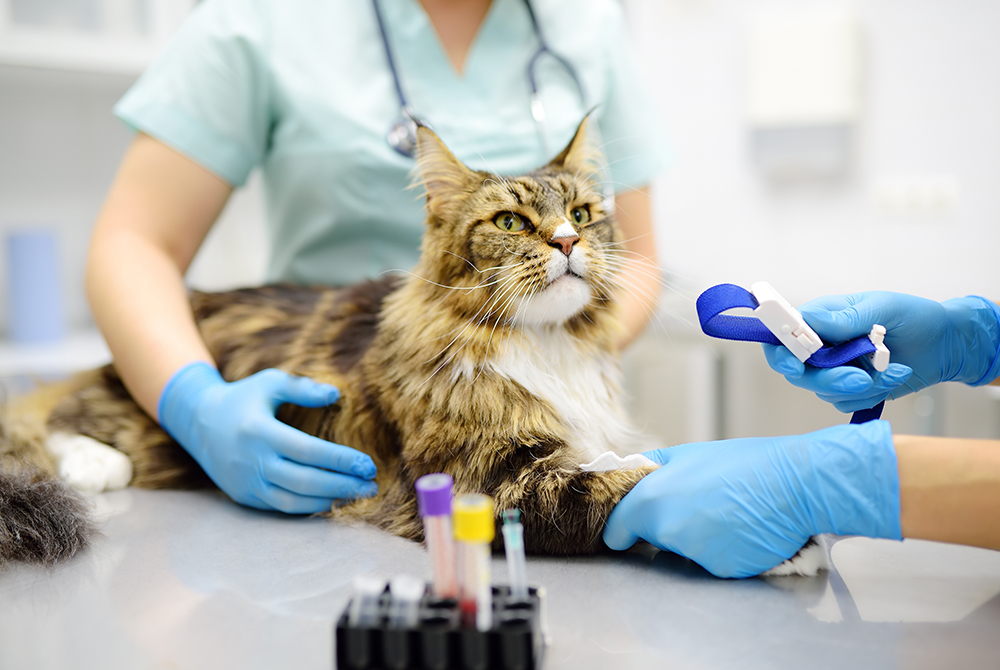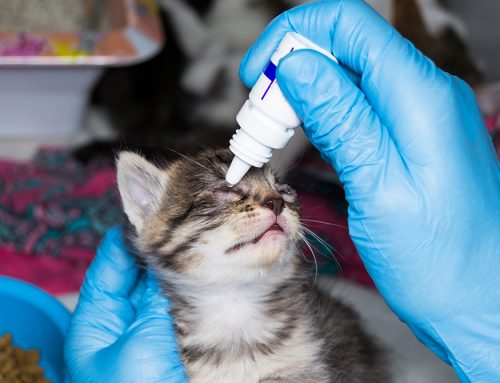Overview
Toxoplasmosis is a parasitic infection caused by Toxoplasma gondii, a single-celled organism. It can affect a variety of animals, including cats, which are the primary hosts for this parasite. While toxoplasmosis is often asymptomatic in cats, it can cause significant health issues in certain situations, particularly in young, old, or immunocompromised cats.
Transmission
Cats become infected with Toxoplasma gondii by ingesting oocysts (the infectious stage of the parasite) from contaminated soil, water, or prey. Once ingested, the parasite multiplies in the intestines and is shed in the cat’s feces. Other animals and humans can become infected through contact with contaminated feces, soil, or unwashed produce.
Symptoms
In many cases, cats with toxoplasmosis do not show symptoms. However, when clinical signs do occur, they may include:
- Fever
- Loss of appetite
- Lethargy
- Vomiting
- Diarrhea
- Difficulty breathing
- Neurological signs (e.g., seizures, incoordination)
Diagnosis
Toxoplasmosis is diagnosed through a combination of clinical signs, history, and laboratory tests. Blood tests can detect antibodies against Toxoplasma gondii, and in some cases, a fecal examination or imaging may be used to confirm the diagnosis.
Treatment
Treatment for toxoplasmosis typically involves a course of antibiotics, such as clindamycin or sulfadiazine. In severe cases, additional supportive care may be required to manage symptoms and complications. It’s essential to follow your veterinarian’s instructions and complete the full course of medication.
Prevention
To reduce the risk of toxoplasmosis:
- Keep your cat indoors to prevent contact with potentially contaminated soil and prey.
- Regularly clean and disinfect litter boxes.
- Wash your hands thoroughly after handling cat litter or soil.
- Avoid feeding your cat raw or undercooked meat.
When to Seek Veterinary Care
If you notice any signs of illness in your cat or if you suspect your cat may have been exposed to Toxoplasma gondii, contact your veterinarian promptly. Early diagnosis and treatment are crucial for managing the condition effectively.
Mission Veterinary Clinic
For urgent care needs or if you suspect your cat has toxoplasmosis, visit Mission Veterinary Clinic. We are located at 16915 San Fernando Mission Blvd, Granada Hills, CA 91344. Our facility is open daily from 9 am to 11 pm and operates on a walk-in basis. We do not take appointments, and patients are triaged and seen based on the severity of their condition. For more information or to speak with a member of our team, call us at 818-363-8143.
Additional Resources
For more information about toxoplasmosis and other feline health concerns, please visit our website at missionvet.com.










Leave A Comment